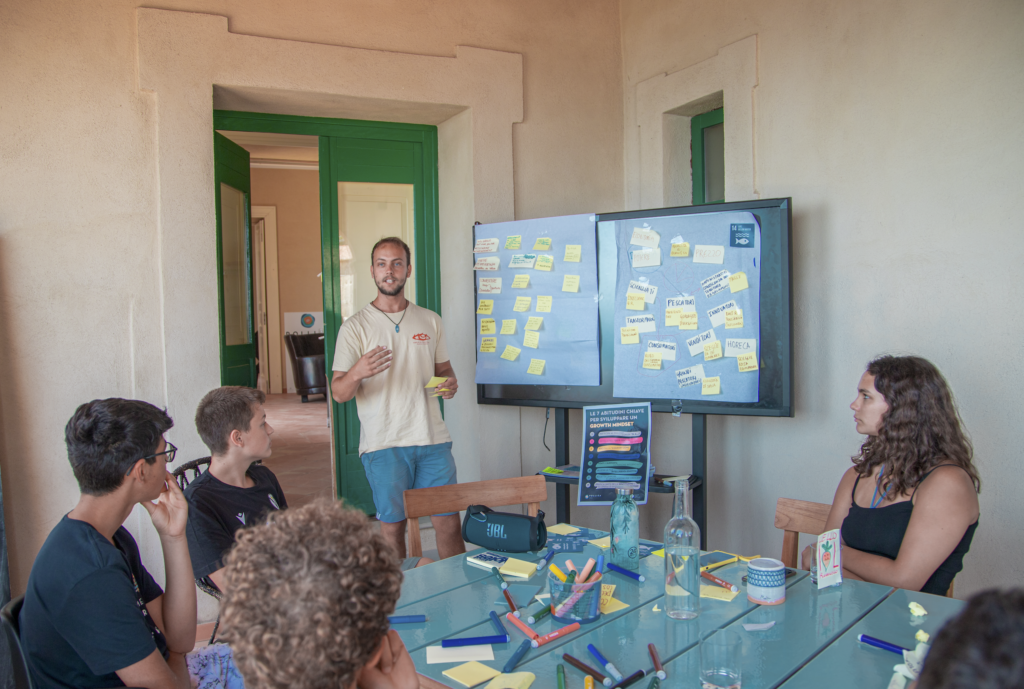In a world where challenges are increasingly complex, living labs serve as real-world spaces for innovation, bringing together diverse stakeholders to co-create solutions that address systemic issues. Future Food Institute has developed a structured Living Lab Framework that provides a roadmap for establishing, running, and scaling a living lab while ensuring long-term impact. Rooted in our Integral Ecology and Prosperity Thinking Methodology, this framework enables communities, researchers, businesses, and policymakers to work together in a dynamic, participatory process that fosters sustainability, resilience, and regenerative ecosystems.
The journey of a living lab begins with setting a strong foundation by defining its mission, values, and long-term vision. Understanding the social, environmental, legal, cultural and economic landscape is key to ensuring that the lab’s activities align with community needs. This involves mapping existing resources, infrastructure, and knowledge while identifying key stakeholders whose involvement is essential to drive change. Over the years, Future Food has created various models of living labs, designed to promote inclusive innovation processes capable of generating long-term impacts and regenerating territories. Like large metropolitans that are rethinking their food systems to micro-villages and medium-sized cities attracting new generations for their cultural offerings and quality of life. Above all, small rural, mountain or coastal communities, fundamental for the protection of the territory, represent real experimental laboratories for rethinking productive and social models.
Through our work, this framework has found its footing in cities like Reggio Emilia, 2014, then Bologna, 2018, and Pollica, 2020, in Italy, and Tokyo, 2019, Japan, where Future Food Institute has established thriving living labs that bring together policymakers, researchers, businesses, and local communities to experiment, co-create, and implement transformative solutions.
With these foundations in place, creating a collaborative governance model that establishes trust and ensures long-term participation is key to long-term success. An active Living Lab community helps define roles, responsibilities, and shared goals, ensuring that all stakeholders are engaged in shaping the process. The lab then transitions into an active phase of experimentation and prototyping, where innovative ideas, technologies, and strategies are tested in real-world conditions. By piloting small-scale interventions, living labs can refine their approaches based on real-time feedback, ensuring that solutions are practical, adaptive, and responsive to the community’s evolving needs.
In Pollica, for example, this approach has been used to define the project: Scuola Mediterranea, educational and formative processes of the individual, the group and the community. The permanent international campus hosts training programs based on millenary cultural roots, the origin of the Mediterranean identity, and tools to cultivate the future under the banner of innovation for sustainability.
While in Tokyo, the framework has guided efforts in urban sustainability and circular economy models, with the project Building Sustainable Foodscapes, 18 goals and calls to action have been defined to create a thriving food neighbourhood by working towards these shared objectives.
For long-term success, living labs must continuously evolve, measuring their impact and refining strategies as they scale. A structured yet flexible approach ensures that successful interventions can be expanded and replicated while remaining adaptable to shifting challenges. Monitoring progress, gathering insights, and iterating on existing strategies ensure that the lab remains a living, breathing ecosystem of innovation, capable of driving systemic change and long-term resilience.
The Future Food Institute’s Living Lab Framework fosters collaboration, innovation, and education, serving as a permanent international lab dedicated to shaping new models, mindsets, and culture. Knowledge is a key tool to empower people, inspire change, and strengthen connections across generations and cultures, all while regenerating life on Earth.
Future Food Institute is not only creating models of Living Labs but also serves as a platform that empowers and supports local communities, helping to enhance the territory and preserve its cultural heritage for future generations. By integrating local skills, supporting entrepreneurship, and nurturing agri-food innovation, the Lab creates a thriving, inclusive model that drives lasting impact.

